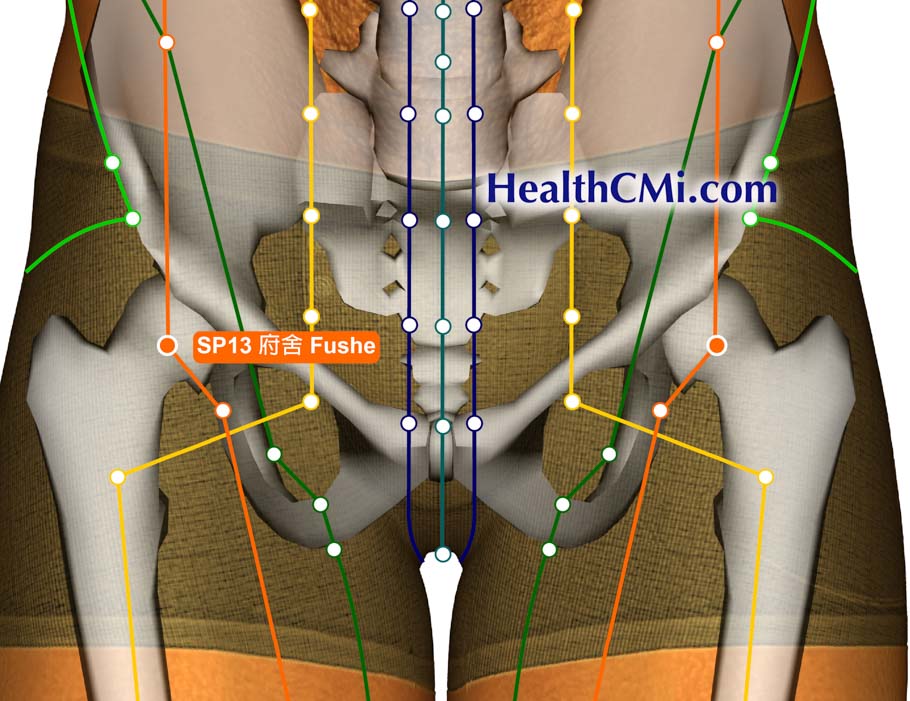
Acupuncture and Chinese herbal medicine are effective treatments for polycystic ovary syndrome (PCOS). Researchers at the Huzhou Hospital of Traditional Chinese Medicine conducted a clinical trial that compared a treatment protocol of acupuncture and usual care with a treatment protocol of acupuncture and Chinese herbal medicine for patients with PCOS. The results indicate significantly higher efficacy in the acupuncture and Chinese herbal medicine treatment group. [1]
This study included 138 PCOS patients. Patients were randomly assigned into two groups, with 69 in the acupuncture and usual care treatment group and 69 in the acupuncture and Chinese herbal medicine treatment group. The acupuncture and Chinese herbal medicine treatment group had a higher efficacy rate (88.4%) than the acupuncture and usual care treatment group (72.5%).
Patients of the acupuncture and Chinese herbal medicine treatment group also experienced improved quality of life and ovarian function and endometrial thickness. The selected acupoints for both groups were the following:
- ST36 (Zhusanli)
- CV4 (Guanyuan)
- BL23 (Shenshu)
- EX-CA1 (Zigong)
- SP6 (Sanyinjiao)
- SP10 (Xuehai)
- SP9 (Yinlingquan)
- ST40 (Fenglong)
- GB26 (Daimai)
- SP13 (Fushe)
Acupuncture was deemed adequate when deqi sensation was achieved. Needles were retained for 30 minutes per session, with sessions conducted thrice weekly. Both groups underwent treatment for three months.
Patients in the acupuncture and usual care treatment group were administered clomiphene. Patients were instructed to take one tablet, twice a day. Those with menstrual cycles started the medication on the fifth day of their menstruation, while those without menstrual cycles commenced the medication. Patients in the acupuncture and Chinese herbal medicine treatment group were administered an orally ingested herbal decoction but did not receive clomiphene. The formula was as follows:
- Shu Di Huang, Chai Hu, Chen Pi:12g each
- Ban Xia, Dang Gui, Chuan Xiong, Fu Ling, Lu Lu Tong, Ji Nei Jin, Shi Chang Pu: 9g each
- Tu Si Zi, Gou Qi Zi: 18g each
- E Zhu, Bai Ji Tian: 15g each
- Huang Qi, Ji Xue Teng, Bai Shao Yao: 30g each
The decoction was prepared by the hospital’s dispensary department. One bag was split into two doses per day, and it was consumed warm 30 minutes after meals, with a pause during menstruation. The acupuncture and Chinese herbal medicine outperformed the acupuncture plus medication group; however, both groups achieved significant outcomes.
Reference:
Yin Xingyanru, Wei Huijun, Jingjing, etc. Clinical treatment of polycystic ovary syndrome using acupuncture combined with moxibustion and traditional Chinese medicine decoction. Chinese Journal of Fertility Planning, 2023, 31(08): 1844-1848.


